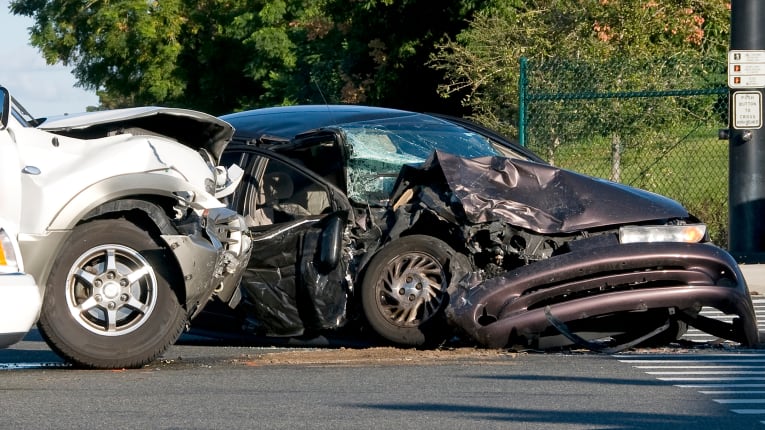CARS.COM — The National Highway Traffic Safety Administration estimates that seat belts saved 13,941 lives in 2015, and an additional 2,800 deaths could have been prevented if everyone buckled up. Many of those deaths occurred in the backseat, where a new study shows that some passengers view buckling up as optional — especially when riding in cabs or ride-hailing vehicles.
Related: Researchers Study Safer Seat Belts for Seniors
An Insurance Institute for Highway Safety study found that among adults who admitted not always using safety belts in the backseat, 4 out of 5 surveyed said they don't buckle up during short trips or when traveling by taxi or ride-hailing car. In fact, just 57 percent of passengers in hired vehicles reported always using their belt in the backseat, compared with 74 percent of passengers in personal vehicles.
IIHS surveyed 1,172 adults between June and August 2016, and respondents ages 35 to 54 were the least likely group to report always buckling up in back. The reasons varied but the top excuse was a belief that the backseat is safer so a belt is unnecessary, which IIHS says is false. Study co-author and IIHS senior research engineer Jessica Jermakian said that for most adults, it's still as safe to ride in the backseat as the front seat, but not if passengers aren't buckled up.
Other reasons listed included poorly fitting seat belts or difficult-to-find belts.
"If your cab or ride-hailing driver is involved in a crash, you want that safety belt," Jermakian said in a statement. "Even if state law says belts are optional, go ahead and buckle up anyway. If you can't find the belt or it's inaccessible, ask your driver for help."
Except for New Hampshire, all states and the District of Columbia mandate seat belt use for adults in the front seat. According to IIHS, all rear-seat passengers are covered by laws in 29 states and D.C. Of these laws, 20 carry primary enforcement, meaning a police officer can stop a driver solely for a belt-law violation. The rest are secondary, meaning an officer must have another reason to stop a vehicle before issuing a seat belt ticket.
Changing the law could affect seat belt use, IIHS' study shows. Nearly 40 percent of people surveyed said they sometimes don't buckle up in back because there's no law requiring it. If there were a law, 60 percent said that would be convincing enough to buckle up.
What's undisputed is that seat belts save lives. According to NHTSA data, more than half of people who die in passenger vehicle crashes in the U.S. each year are unbelted, and an unbelted passenger can injure other people in the car, as well.
"People who don't use safety belts might think their neglect won't hurt anyone else. That's not the case," Jermakian said. "In the rear seat a lap/shoulder belt is the primary means of protection in a frontal crash. Without it, bodies can hit hard surfaces or other people at full speed, leading to serious injuries."



Leave a Reply